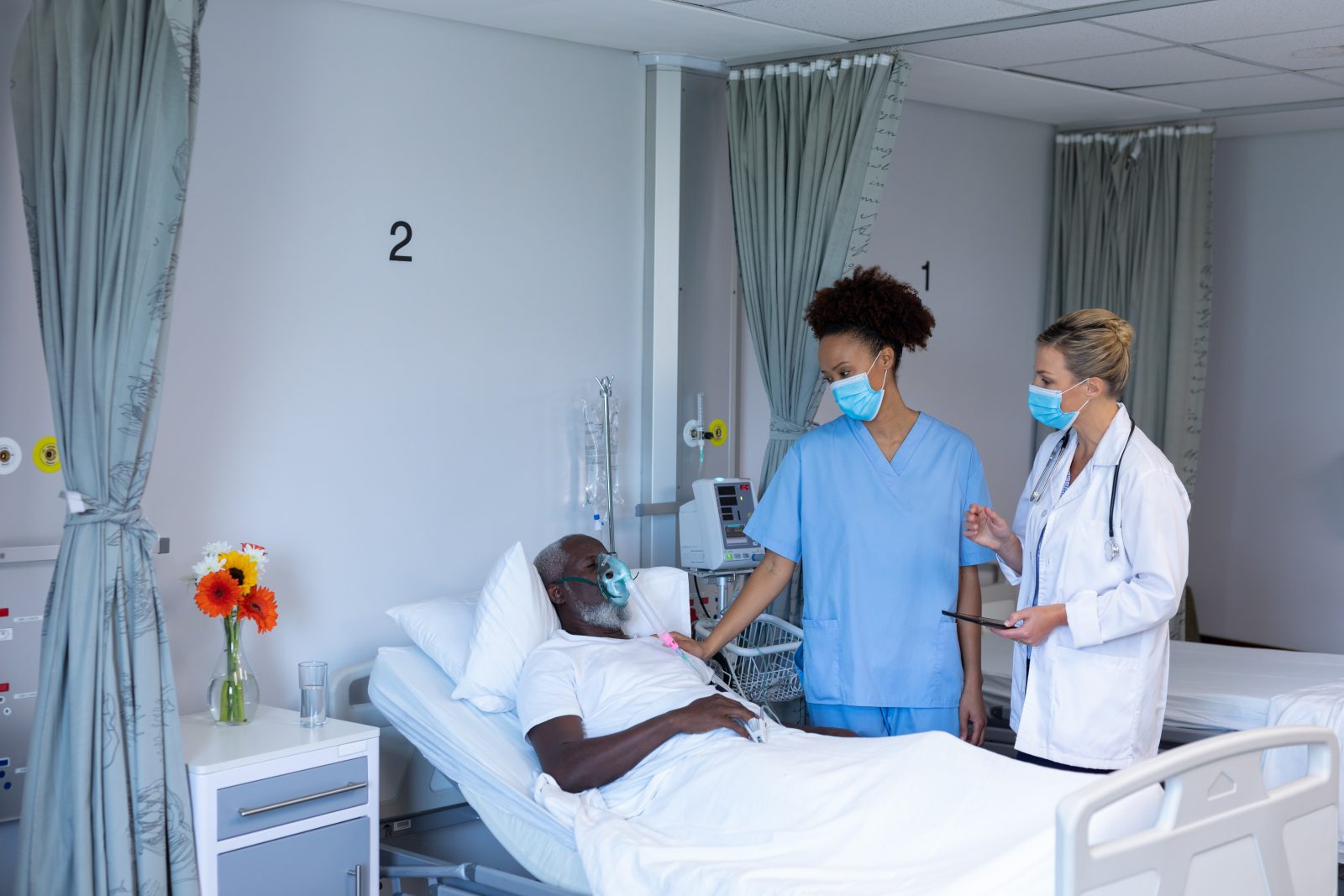The following Understanding and Managing Malignant Hyperthermia Training educates healthcare providers (HCP) on the genetic basis of malignant hyperthermia (MH). Additionally, malignant hyperthermia (MH) is a genetic skeletal muscle condition characterized by a hypermetabolic reaction to halogenated anesthetic gases and/or the depolarizing muscle relaxant succinylcholine. Also, having a greater understanding of how to treat MH will be beneficial in your medical practice.
What You Will Learn
- All known pharmacologic triggers for MH
- The early signs of MH during anesthesia
- The immediate steps required to manage a suspected MH crisis
- How to prepare dantrolene
- How to identify complications that may arise during an MH crisis
- The significance of genetic testing for MH susceptibility
- Effective communication among the perioperative team during MR crises
- How to prepare anesthesia for patients known to be susceptible to MH
Details
Course length: 45 minutes. CME: 0.75
Languages: American English
Key features: Audio narration, learning activity, and post-assessment.
American Medical Compliance is accredited by the Accreditation Council for Continuing Medical Education (ACCME) to provide continuing education to physicians. Our Continuing Medical Education (CME) program is committed to enhancing the knowledge, skills, and professional performance of healthcare providers to improve healthcare outcomes. Through high-quality educational activities, we aim to address the identified educational gaps to support the continuous professional development of our medical community. American Medical Compliance designates this activity for a maximum of 0.75 AMA PRA Category 1 Credits. Physicians should only claim this credit for their complete participation in this activity.
Get Certified
American Medical Compliance (AMC) is a leader in the industry for compliance, Billing, and HR solutions. To become certified, please visit us at American Medical Compliance (AMC).
Reach out for other courses by visiting the AMC Course Library.
Causes of Malignant Hyperthermia
Malignant hyperthermia can occur in genetically sensitive patients in response to triggering substances such as halogenated anesthetic gases and/or succinylcholine, as well as stressors such as intense exercise and heat exposure, which are less common. Nitrous oxide and xenon, while inhaled anesthetics, are not halogenated and have not been linked to malignant hyperthermia.
Risk Factors of MH
Family history, myopathies, and musculoskeletal problems such as congenital ptosis and kyphoscoliosis all increase the risk of developing MH. Individuals with central core disease and/or multiminicore disease, both congenital myopathies, are predisposed to MH. Furthermore, athletic young boys are more prone to MH. However, the signs of this condition are unpredictable based on family history or prior exposure to anesthetic. Thus, early detection is critical to avoiding a deadly outcome. Clinical symptoms might vary in severity and arise at different times throughout anesthetic delivery and recovery.
To learn more about the diagnosis of MH, how to treat patients in an MH crisis, and how to implement this information into your medical practice today, click the button below



